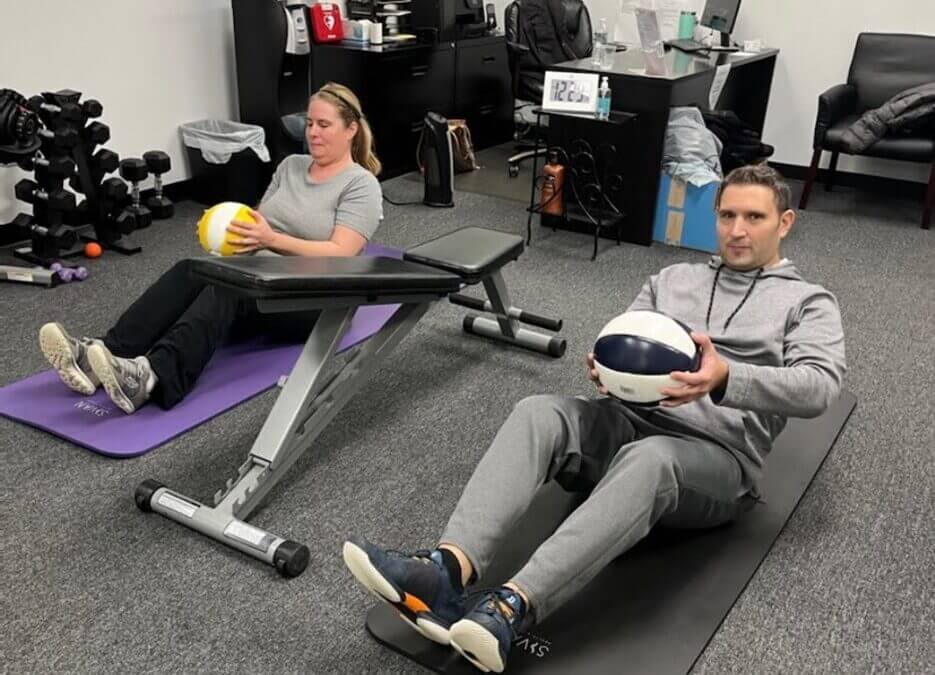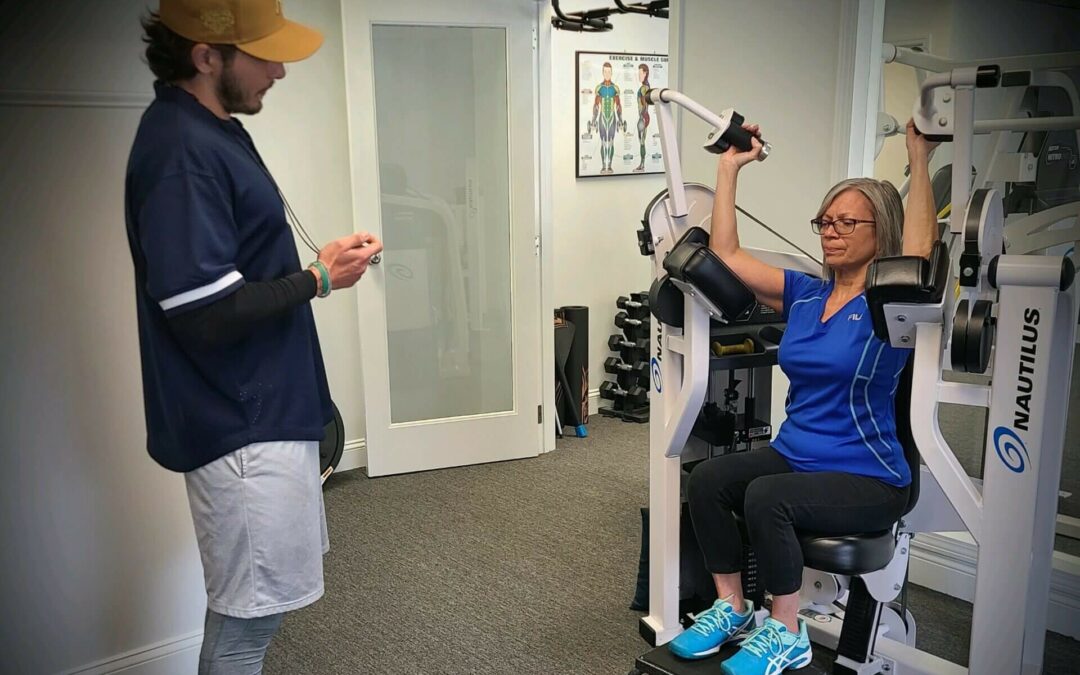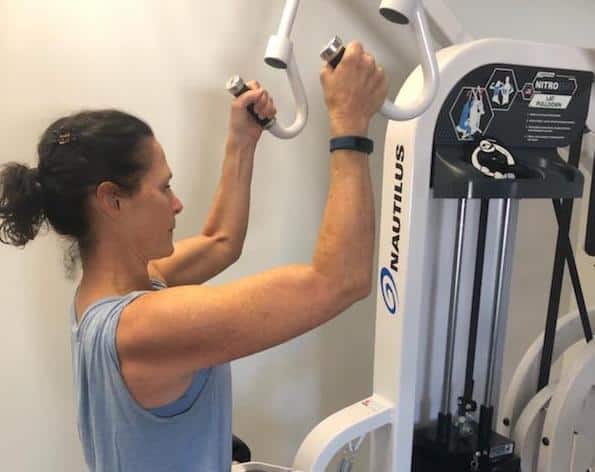At Loyalty Fitness, we’re all about helping you feel your best, both physically and mentally. While most people begin working out to improve their strength or lose weight, many discover something even more powerful along the way: better mental health.
Whether you’re working with one of our nationally certified trainers in Greenwich, CT or Syosset, NY, or joining us virtually for online personal training, every session is designed to help you build a stronger body and a clearer mind.
Here’s how exercise, especially our super slow strength training method, can benefit your mental well-being.
Exercise Reduces Stress Naturally
When life feels overwhelming, movement can be the best medicine. Physical activity encourages your brain to release endorphins, the feel-good chemicals that act as natural stress relievers. At Loyalty Fitness, we take this one step further by giving you undivided attention during your one-on-one sessions. That means your workouts are not only effective but also personalized, safe, and designed to leave you feeling more balanced and grounded.
Boosts Mood and Fights Off the Blues
Research consistently shows that regular exercise can be just as effective as medication for some people experiencing mild to moderate depression. Our super slow strength training method is especially helpful because it eliminates the need for high-impact, high-stress routines that can sometimes feel overwhelming and increase cortisol levels in the body. Instead, you’ll build strength gradually and intentionally, which can boost your confidence and improve your mood with every rep.
Improves Sleep Quality
Better sleep = better brain health. When you engage in regular physical activity, your body naturally finds it easier to fall asleep and stay asleep. Our method encourages a calmer nervous system post-workout, which can lead to deeper, more restorative rest. Plus, sticking to a consistent workout schedule with your personal trainer can help regulate your internal clock.
Sharpens Focus and Mental Clarity
Feeling foggy or forgetful? Exercise increases blood flow to the brain, which can improve concentration and memory. Because our sessions are completely personalized, your trainer will adjust your routine to match your energy and focus level that day to keep you mentally engaged while supporting long-term cognitive health.
Provides a Sense of Accomplishment and Routine
One of the best mental health benefits of exercise is the confidence boost that comes with it. Showing up for your workouts, whether in-person or virtually, gives you a sense of purpose and progress. At Loyalty Fitness, we celebrate your milestones, no matter how small, and help you build habits that stick. That consistency not only benefits your body, but also helps create mental resilience.
Where Physical and Mental Strength Come Together
Unlike crowded gyms and generic programs, Loyalty Fitness provides private training spaces and 100% customized plans tailored to you. Our certified trainers are committed to your success and will guide you through a sustainable fitness journey that supports both your physical and mental well-being.
Whether you prefer in-person training or virtual sessions, we’ll help you achieve your fitness goals and support your mental health.
Contact us today to schedule your first one-on-one session and learn how our proven method can help you feel stronger physically and mentally!






